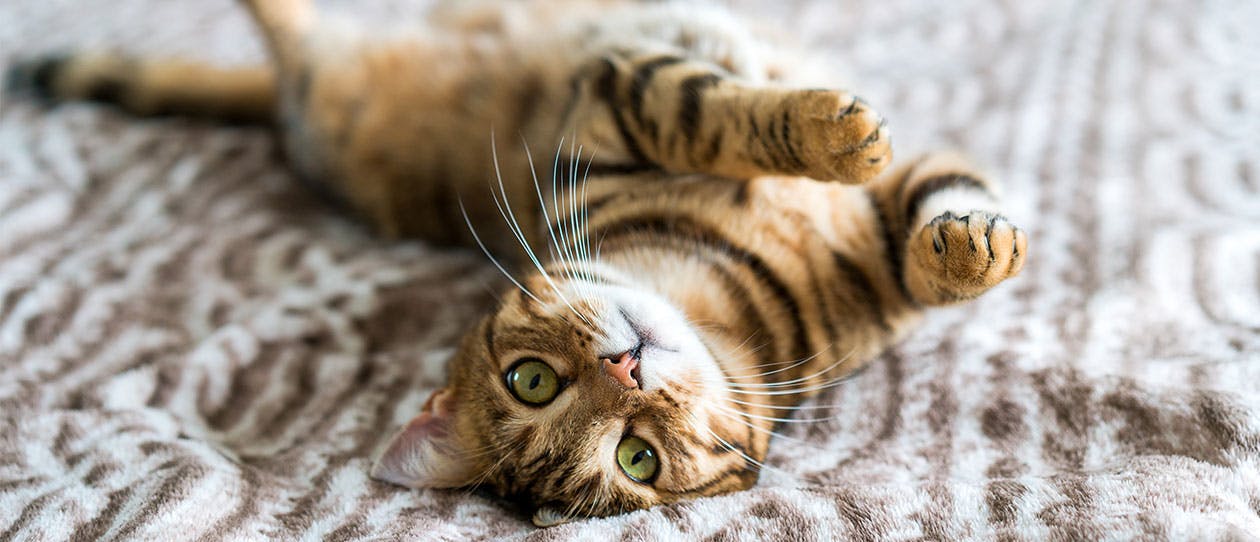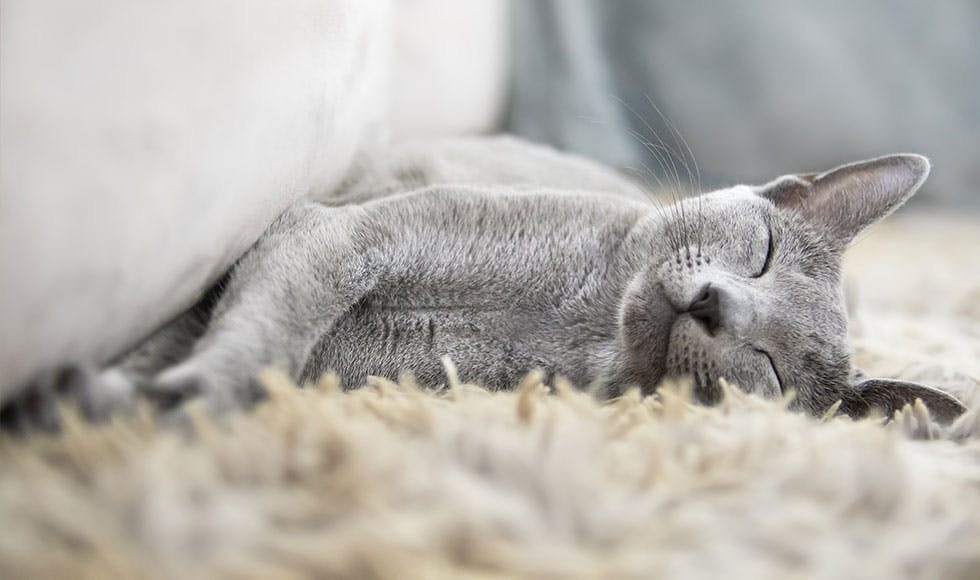
- A Guide To Perfect Your Pet's Health/
- Choose the Right Products to Groom Your Dog/
- Cats That Don't Shed, for People Sensitive to Hair


There’s so much joy to be had from owning a cat, as almost a third of Australian households will gladly attest. But if you’ve found yourself vacuuming the house multiple times a day to eliminate billowing furballs that cling to the couch and your clothes, you’ll know that constant shedding can be problematic, both in terms of general cleanliness and your health.
Swollen, watery eyes, an itchy nose, sneezing and hay fever are all signs you could be sensitive to cat hair, or rather cat dander (dead skin cells) and saliva, which tend to cling to hair and spark allergic reactions in people.
But these issues don’t necessarily mean you have to forego your dream of having a kitty as a pet. There are a number of breeds that are known to be low shedders – so you can put away the tissue box and lint roller and enjoy some bonding time with your cat.Why do cats shed?
Like people, all cats with hair shed year-round – it’s a natural and normal form of regeneration. Most felines tend to have a heavier loss across spring and summer to get rid of thick coats built up to stay warm over the winter months. Also like people, feline hair loss can be associated with other more serious health issues, from poor diet and sunburn to stress, allergies, a reaction to medication and infection.
Age and pregnancy can also lead to an increase in hair loss, with older cats unable to groom themselves as well as they once could, and pregnant cats prone to hormonal fluctuations that can cause excess shedding.
On top of all that, some breeds are just naturally prone to shedding more hair than others.
Which cat breeds don't shed hair (much)
While there’s no such thing as a completely non-shedding cat, there are certain breeds that tend to drop less fur than others
How to take proper care of cats that don't shed hair?
Just because your cat is a low shedder doesn’t mean that you can ignore grooming. Some low-shedding cats, like the sphynx for example, secrete oil from their skin, but don’t have the fur to absorb it, so need extra care from owners. Gently wipe their skin when you see it glistening, to stop the transfer to your furniture and clothes.Other low-shedding cats with short coats still grow new hair, which means that dead hair and dander need to be removed regularly – a build-up can ignite sensitivities and allergies. Brush or comb your pet’s hair on a regular basis (say, every day or two) to ensure minimal random hair loss at other times. If you’re sensitive to hair, you may wish to get someone to help you, and have them brush your kitty outside.
Regular grooming also gives you the opportunity to monitor your pet’s coat and skin, checking for unexpected redness, bumps, cuts and fleas.
In general, cats are meticulous groomers, so don’t need bathing as often as other animals, including dogs. But that grooming involves saliva, and if you’re allergic, you will need to consider regular washing as well as daily wipes with a wet cloth.



